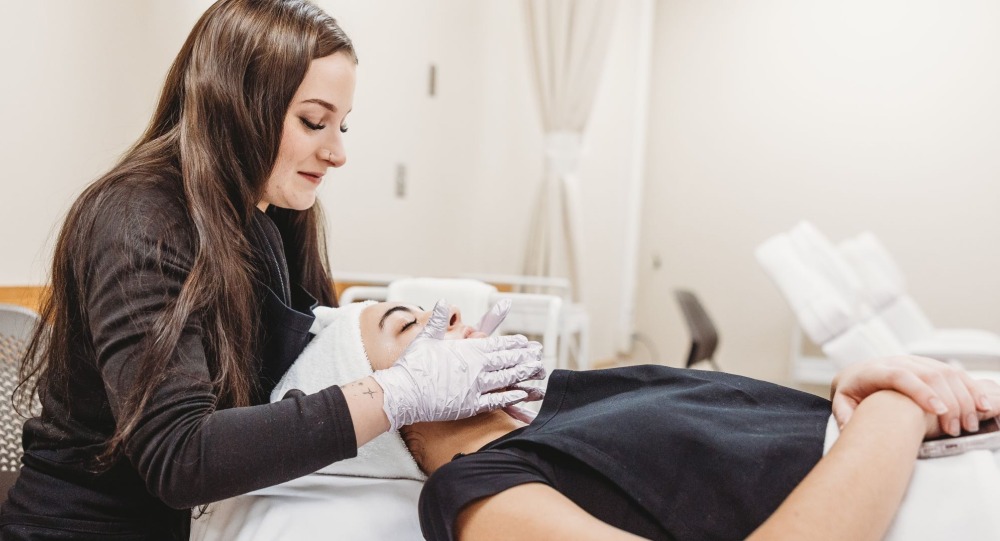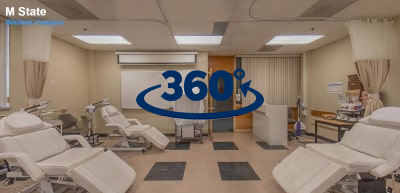Anyone who performs advanced esthetic services in Minnesota must have an Advanced Practice Esthetician Operator or Advanced Practice Esthetician Salon Manager License; this certificate program offers the knowledge, skills practice, and state exam preparation to ready you for advanced licensure.
Through a combination of classroom-based learning and a hands-on salon practicum, you’ll learn to safely perform advanced esthetic services such as dermaplaning, skin needling, advanced extractions, microdermabrasion, chemical peels and electrical energy treatments. You’ll take mock tests and prepare the paperwork needed for required state exams: the general theory exam, written practical exam, and Minnesota laws and rules exam, issued by the Minnesota State Board of Cosmetology.
Our program covers:
- Knowledge and technical procedures of advanced practice esthiology
- Ethical and professional behaviors and human relations skills within a salon environment
- Minnesota state laws, rules and regulations pertaining to cosmetology and esthiology license holders
- Compliant sanitation and safety procedures
- Disorders and diseases that should be referred to a physician
- Chemical formulas necessary to ensure accurate product knowledge for esthetic services
Related Programs
You may also be interested in our Massage Therapy diploma program or Nail Technician certificate program.



